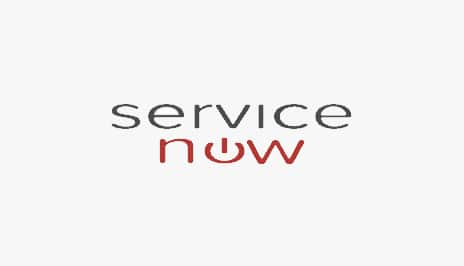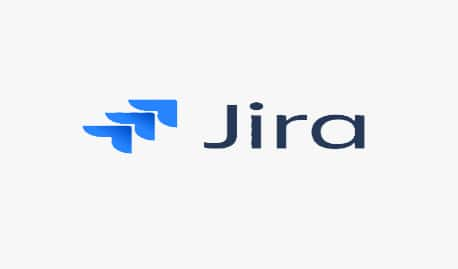The role of a QA Specialist (Functional SME) requires strong analytical skills, attention to detail, excellent communication abilities, and a deep understanding of the specific functional domain they specialize in. By leveraging their expertise in a particular area of software testing, they contribute to delivering high-quality software products that meet the unique requirements of their functional domain.
| QA Specialist (Functional SME) | Skills |
|---|---|
Primary Responsibilities:
Secondary Responsibilities:
|
Technical Skills :
|
Soft Skills:
|
|
Tool Skills:
|




